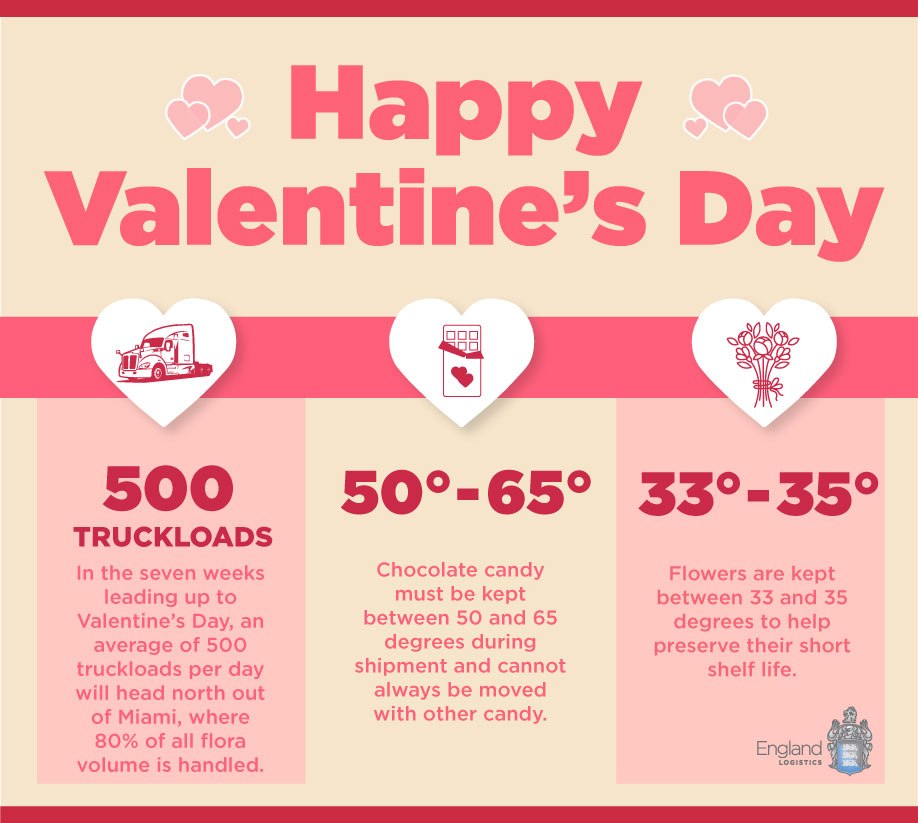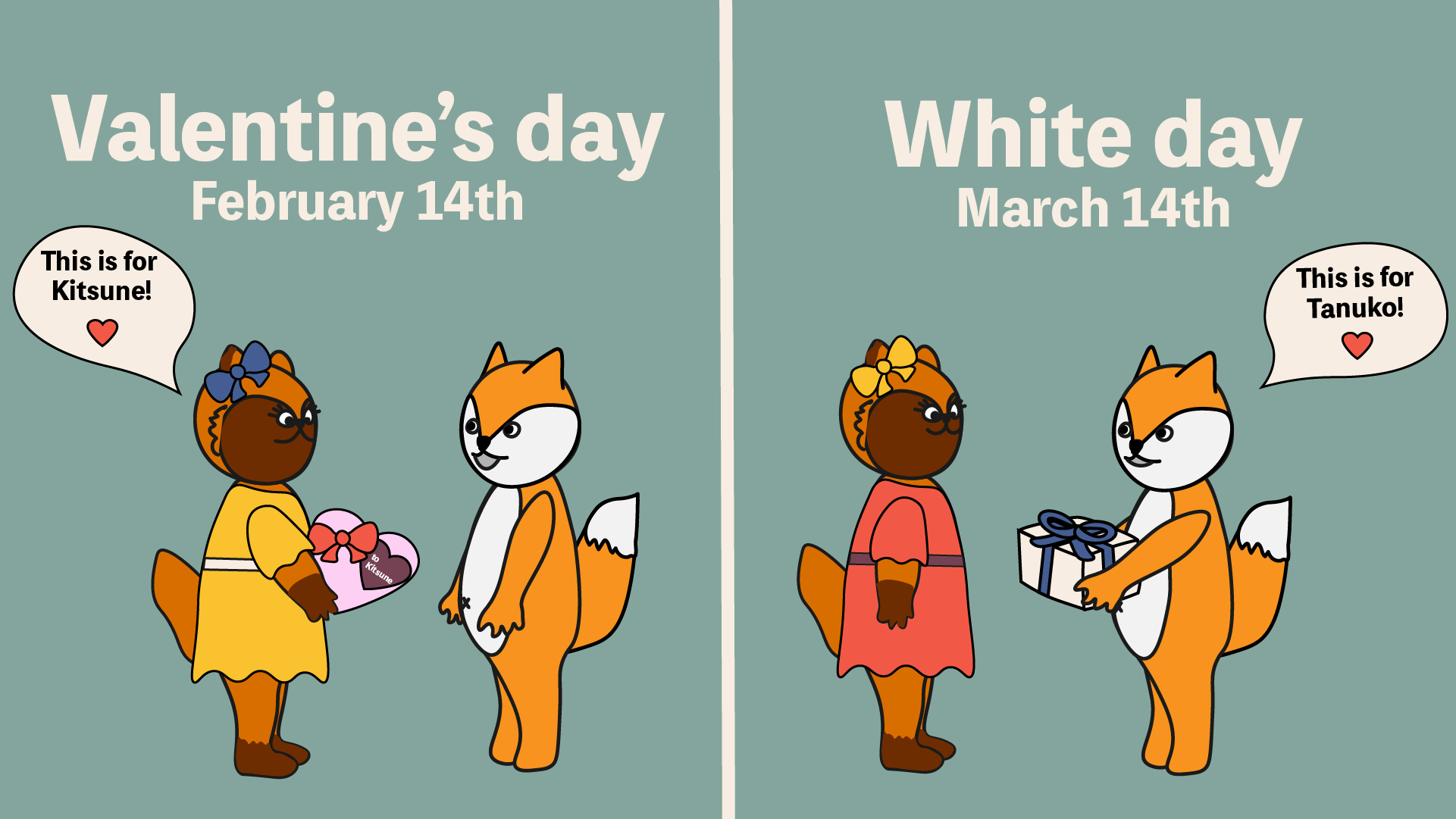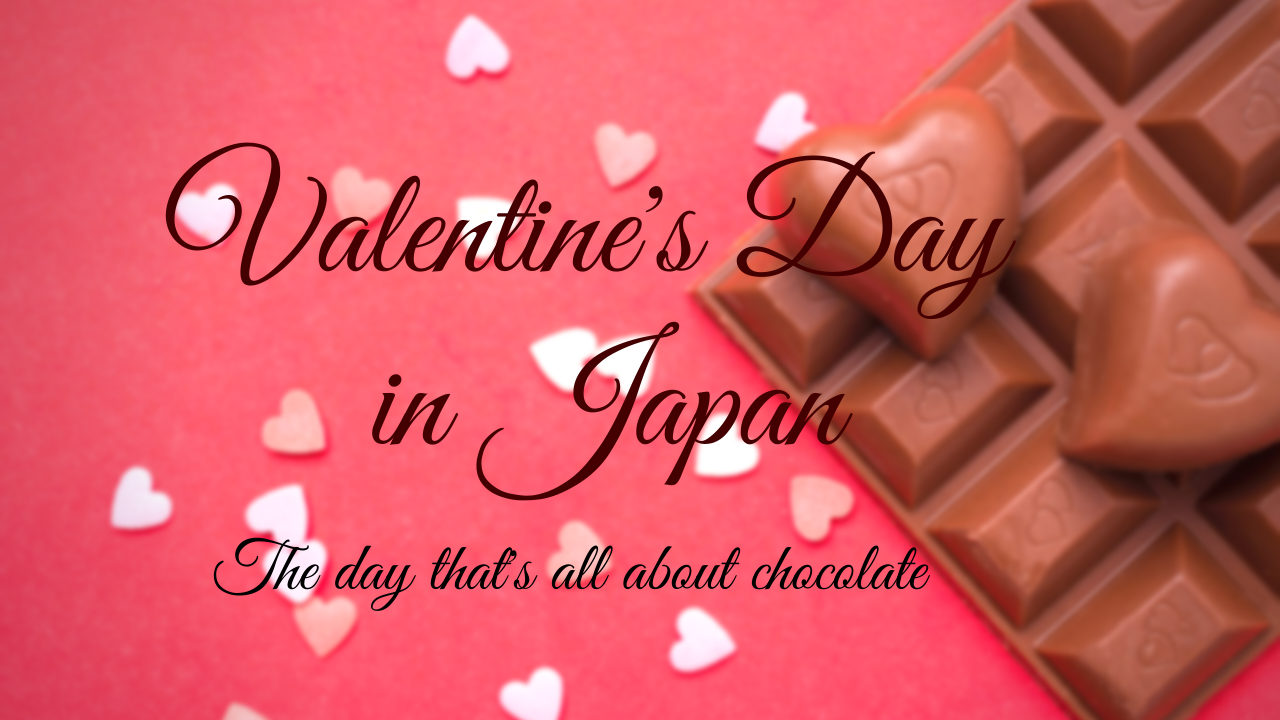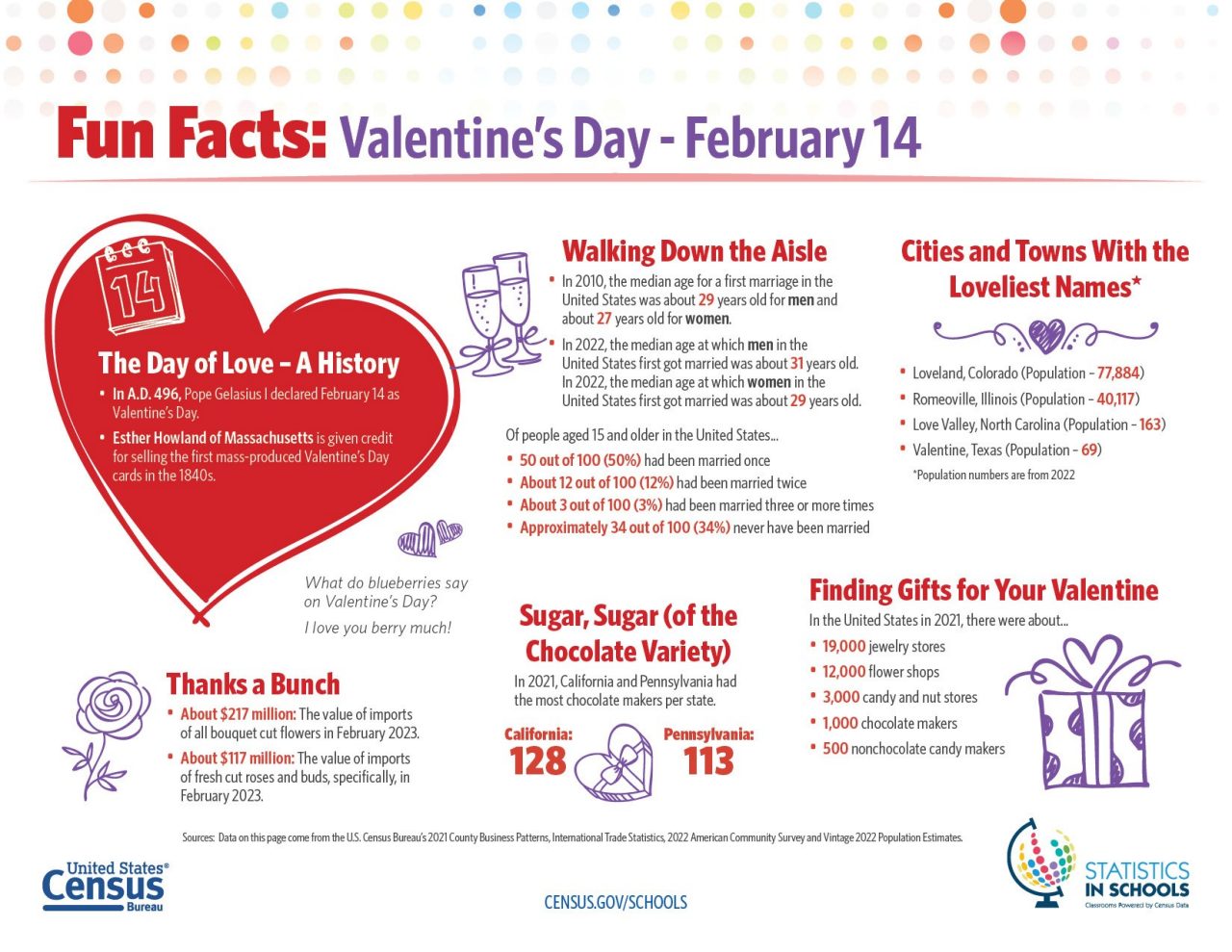Gallery
Photos from events, contest for the best costume, videos from master classes.
 |  |
 |  |
 |  |
 |  |
 |  |
 |  |
Valentine’s Day in Japan is primarily marked by women giving chocolates to men, divided into ‘honmei-choco’ for romantic interests and ‘giri-choco’ for others. The celebration has adapted to include reciprocal gift-giving on White Day, a month later. Valentine’s Day in Japan has a unique history and customs that many foreigners find interesting. According to the Japan Chocolate & Cocoa Association, this custom started in the 1950s. A chocolate company put up a handwritten “Valentine’s Sale” sign at Isetan department store in Shinjuku. Despite Japan being far away from the west and having a history of persecuting Christians, the far eastern country has adopted Valentine’s Day in its own special way. The annual custom joins Christmas and Halloween as one of Japan’s extra celebrations, observed in a distinctly Japanese way. Have you ever wondered what Valentine’s Day in Japan is like? In this article, we’re going to give you the lowdown on Valentine’s Day in Japan and how it’s celebrated. We’ll also introduce ‘White Day’ which accompanies Valentine’s Day. What Is Valentine’s Day In Japan? Valentine's Day (バレンタインデー) is said to allow Japanese women, who are supposed to be extremely shy, to express their feelings through chocolate. As far as business is concerned, in the week preceding Valentine's Day, Japanese sweets industry sells more than 10% of the chocolate sold during the year. Valentine’s Day in Japan is a day when romance, tradition, and sweet gestures come together. On this special day, you can find signs of love and warm affection everywhere, from mythology and natural symbols to unique gifts embodying Japanese culture's essence. These practices make Valentine's Day a fantastic celebration of love in all its forms! Valentine’s Day is a day where women acknowledge and appreciate the men in their lives. While it’s primarily a romantic holiday in most Western countries, it has both romantic and platonic traditions in Japan. Valentine’s Day, known in Japanese as “バレンタインデー” (Barentain Dē), is a festive occasion in Japan with a blend of traditions that differ significantly from those in the West. The celebration is not only an opportunity to express romantic love but has evolved to include gestures of friendship and gratitude. Valentine’s Day in Japan goes down a little differently: men are usually expected to do very little on February 14th and it is the women who are expected to be the principal gift-giver. Not just to their partner, but also to men with who they share any kind of significant relationship. In Japan, it is only the women who give presents (mainly chocolates) to men on Valentine's Day. Learn more about how the Japanese celebrate the day of love. White Day in Japan (March 14th) Now, if you were thinking, “that’s a little unfair that the guys get all the gifts!” – don’t worry, because just a month later, on March 14th is when men are supposed to reciprocate all the love they received on Valentine’s Day. Jewelry Purchases: Jewelry is a significant part of Valentine's Day spending, with many choosing to propose or gift a special piece to their loved ones. Fun and Quirky Valentine's Day Facts. Beyond the romance and tradition, Valentine's Day has some quirky and fun facts that might surprise you. The holiday gained popularity in Japan around 1958, but it was in the late 1970s that Valentine’s Day became a part of Japanese society. The “Japanese-style Valentine’s Day” also emerged, where women express affection by giving chocolates to men. The history of Valentine’s Day in Japan dates back to the 1950s, much later than the West. This is because many confectioners and department stores started campaigns around that time! Their main demographic was women who wanted to buy chocolate for husbands and boyfriends. Valentine’s Day is celebrated differently in Japan. In Japan, Valentine’s Day is celebrated in a distinct way, with women giving chocolates to men, a tradition that began in the 1950s. The history of Valentine’s Day in Japan. Valentine’s Day concept is believed to have been brought to Japan for commercial purposes by the retail and confectionery industry in the 1950s after World War Ⅱ. The question is, why did Valentine’s Day become a day that women choose to confess their love to men? These fascinating facts about Valentine's Day will put the holiday in a whole new light. 1. St. In Japan, it's customary for just the women to give confections to the men in their lives, Here are some interesting facts about Valentine’s Day in Japan: (See Also: How to Say Baseball in Spanish? Mastering The Language) Mastering The Language) Chocolate Sales : Japan is one of the largest consumers of chocolate in the world, and Valentine’s Day is a major contributor to the country’s chocolate sales. Test your love knowledge with these 55 fun Valentine’s Day trivia questions! Discover facts about history, traditions, and pop culture. 💕 Department stores and supermarkets dedicate entire sections to Valentine’s Day gifts in the weeks leading up to February 14th. White Day. In response to Valentine’s Day, Japan has also established “White Day” on March 14th. On this day, men who received chocolates are expected to return the favor by giving gifts to the women who gave
Articles and news, personal stories, interviews with experts.
Photos from events, contest for the best costume, videos from master classes.
 |  |
 |  |
 |  |
 |  |
 |  |
 |  |